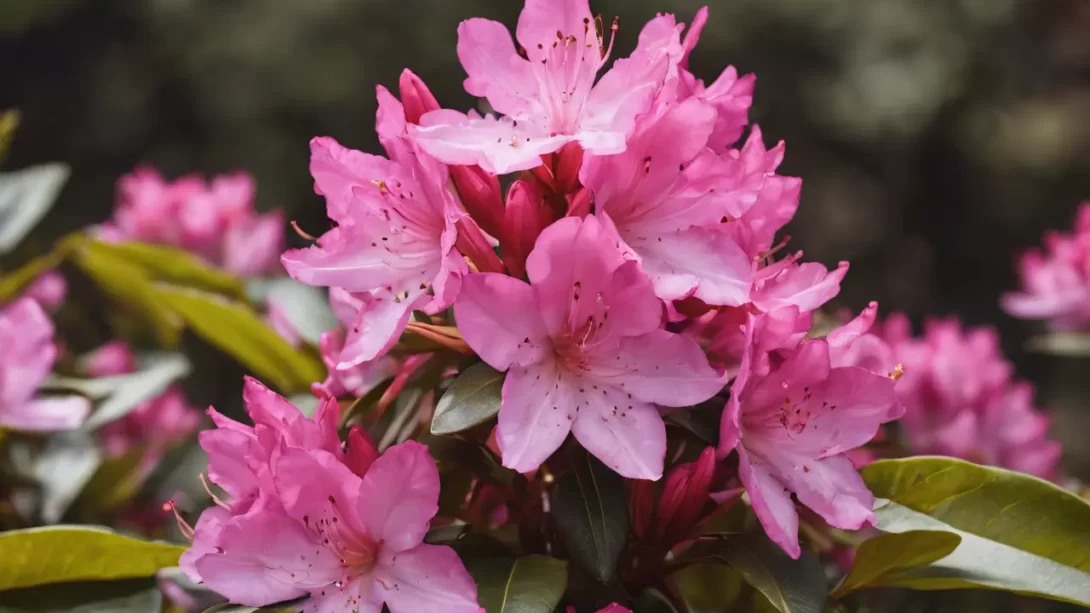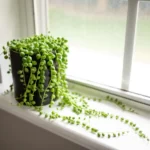Rhododendrons are a popular choice for gardeners due to their spectacular blooms and lush foliage. However, in areas where deer are common, the selection of garden plants must be done with care. Deer can cause significant damage to garden plants, making the choice of deer-resistant varieties crucial. This article explores the relationship between rhododendrons and deer, providing insights into whether rhododendrons are a viable option for those seeking to maintain a beautiful garden in deer-populated areas.
Rhododendrons
Rhododendrons are widely appreciated for their stunning flowers and diverse varieties. These evergreen shrubs belong to a large genus that includes both rhododendrons and azaleas. They come in a range of sizes, colors, and blooming times, making them versatile for landscaping. Rhododendrons are not just favored for their beauty; they also thrive in a variety of climates and soil types, although they prefer well-drained, acidic soils. Their widespread use in gardens makes it important to understand how they fare against garden pests like deer.
Deer and Garden Plants
Deer are known to be adaptable feeders, often browsing on a wide range of plants. Their preferences can change based on what’s available in their environment, making some plants more susceptible to grazing than others. Factors such as plant taste, texture, and nutritional value can influence deer’s choice of plants. In gardens, deer tend to target plants that are tender, nutritious, and less toxic. This feeding behavior can lead to significant damage to garden plants, especially during times when food is scarce. Understanding these factors is key to choosing plants that are less likely to be damaged by deer.
Are Rhododendrons Deer-Resistant?
When it comes to rhododendrons, the consensus is that they are relatively deer-resistant, but not deer-proof. Deer tend to avoid rhododendrons due to their leathery leaves and the presence of certain compounds that can be toxic or unpalatable to them. However, deer resistance can vary among different species and hybrids of rhododendrons. In times of food scarcity or in areas with high deer populations, even typically resistant plants like rhododendrons may be nibbled on or damaged.
Factors Influencing Deer Resistance
Several factors contribute to the deer resistance of rhododendrons. Firstly, the plant’s natural toxicity plays a significant role. Rhododendrons contain grayanotoxins, which can be harmful if ingested in large quantities. This naturally deters deer from feeding extensively on these plants.
Environmental conditions also influence deer browsing behavior. In harsh winters or during periods of food scarcity, deer might be more inclined to sample plants they usually avoid, including rhododendrons. The availability of alternative food sources in the area can also affect the likelihood of deer feasting on your rhododendrons. If your garden is one of the few sources of greenery in a predominantly barren landscape, it may attract more deer.
Enhancing Deer Resistance in Gardens
To further protect rhododendrons and other plants in your garden, you can adopt several strategies. Installing physical barriers, such as fencing, is one of the most effective ways to keep deer out. Deer repellents, either commercially available or homemade, can also deter deer but may need regular reapplication, especially after rain.
Integrating other deer-resistant plants into your garden can help create a less appealing environment for deer. Plants with strong scents, such as lavender or sage, can serve as natural deterrents. Maintaining a diverse garden with a variety of textures and flavors can also reduce the overall appeal to deer, as they tend to favor gardens with a concentration of their preferred plants.
Alternative Deer-Resistant Plants
If you’re looking to complement your rhododendrons or seeking alternatives, there are numerous deer-resistant plants to consider. Options include perennials like foxglove, Russian sage, and echinacea, which not only deter deer but also add color and variety to your garden. Shrubs such as boxwood, holly, and barberry are also less favored by deer and can provide structure and year-round interest in your landscape.
Incorporating these plants can create a multi-layered defense against deer while enhancing the aesthetic appeal of your garden. It’s beneficial to choose a mix of plants with different blooming times to ensure year-round color and interest, while also maintaining a garden that’s less attractive to deer.
Conclusion
Rhododendrons are generally considered deer-resistant, but they are not entirely deer-proof. Factors such as environmental conditions, food availability, and specific plant varieties can influence their susceptibility to deer damage. By understanding these factors and implementing strategies like physical barriers, repellents, and the use of complementary deer-resistant plants, gardeners can effectively reduce the impact of deer on their rhododendrons and other garden plants.
Creating a garden that balances beauty with practical considerations for wildlife can be challenging, but with the right approach, it’s certainly achievable. With careful planning and plant selection, you can enjoy a thriving garden that coexists peacefully with local wildlife, including deer.



